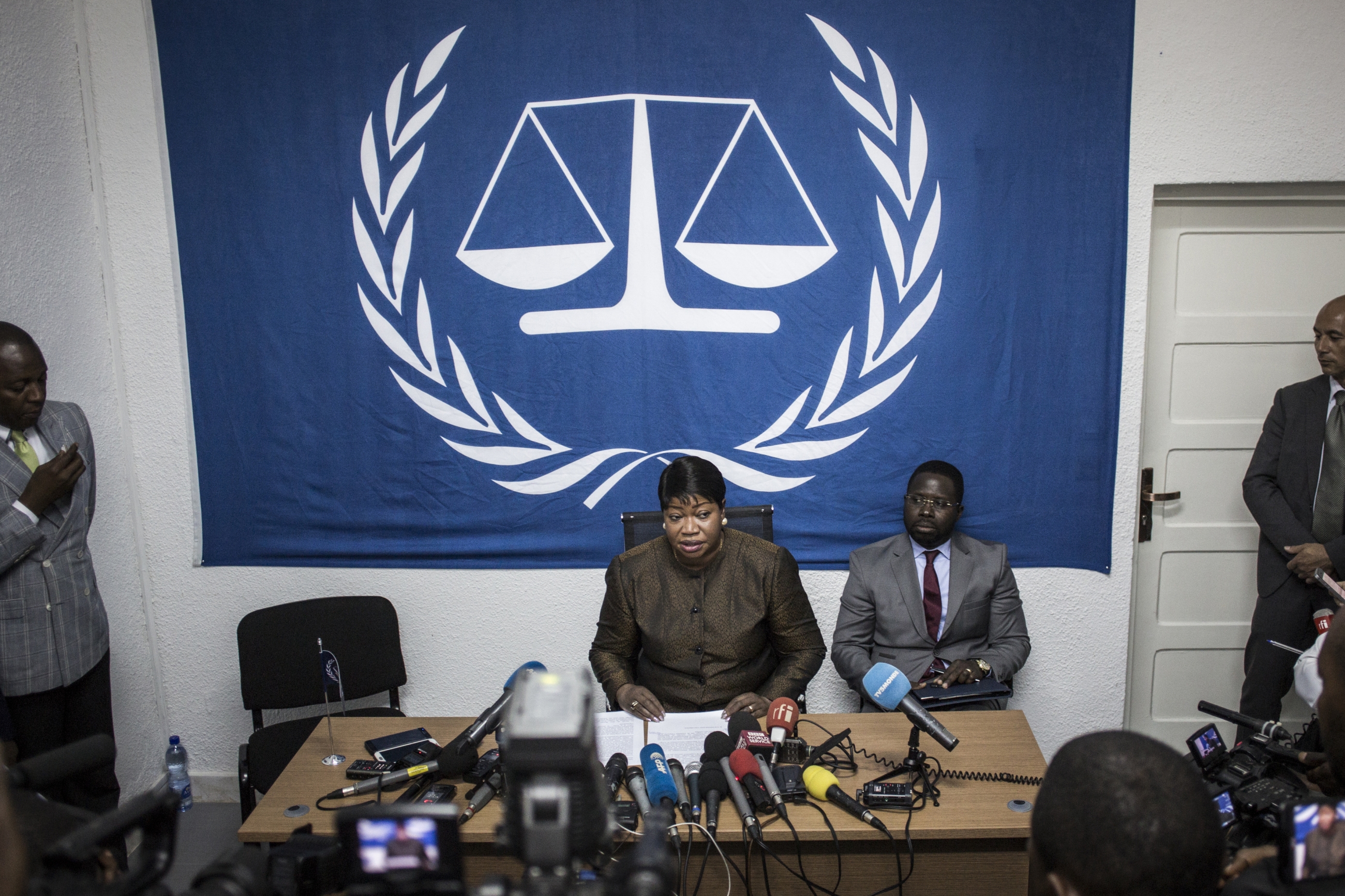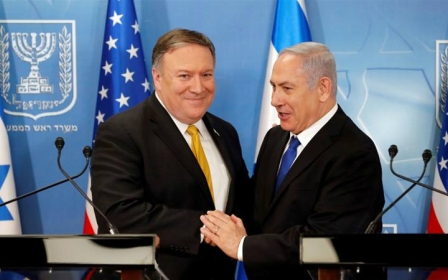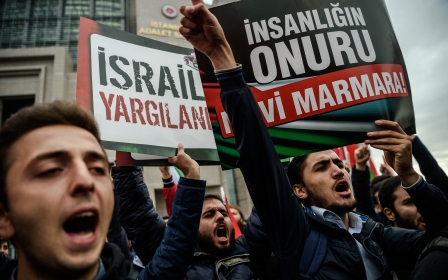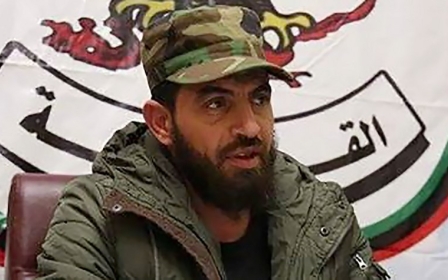US issues visa ban for ICC chief prosecutor following Afghanistan probe

The United States has revoked the visa of the chief prosecutor of the International Criminal Court (ICC), following a warning by the US that they would deny entry to those investigating war crimes by American forces.
Fatou Bensouda, who has served in the role since 2012, previously requested ICC judges in November 2017 that she be allowed to open an investigation in to war crimes committed in Afghanistan by the Taliban, Afghan government forces and foreign forces, including US personnel.
In response to Thursday's visa ban, she said in a statement she would continue to pursue her role “without fear or favour”.
Secretary of State Mike Pompeo warned last month that he would make sure that ICC officials investigating American forces would not be automatically granted entry to the US.
"If you're responsible for the proposed ICC investigation of US personnel in connection with the situation in Afghanistan, you should not assume that you will still have or get a visa, or that you will be permitted to enter the United States," he told reporters.
New MEE newsletter: Jerusalem Dispatch
Sign up to get the latest insights and analysis on Israel-Palestine, alongside Turkey Unpacked and other MEE newsletters
"We're prepared to take additional steps, including economic sanctions if the ICC does not change its course."
Although the US was a signatory to the Rome Statute which founded the ICC in 2002, it later refused to ratify the treaty.
John Bolton, who was then Under Secretary of State for Arms Control and International Security and is now National Security Advisor to President Donald Trump, led opposition to US membership of the ICC and has referred to the court as a threat to "American sovereignty and US national security".
READ MORE
► ICC on collision course with US over looming Afghan war crimes probe
However, Afghanistan has ratified the treaty, giving the ICC jurisdiction over crimes committed as a consequence of the war in that country since 1 May 2003.
Leading international lawyers spoken to by Middle East Eye in October said that the legal tests that must be considered by the ICC have been met, and that a war crimes investigation now appeared inevitable.
Speaking to MEE in October, Katherine Gallagher, senior attorney at the Center for Constitutional Rights in New York, said that it was likely that judges would accept Bensouda's request.
“There’s a very low threshold,” she said.
“She’s not asking for an indictment. She’s simply asking to investigate. And there’s a tremendous amount of information in the public domain.”
However, Philippe Sands, professor of law at University College London - who has appeared as counsel before the ICC - told MEE that an investigation was not a foregone conclusion.
“It is a matter of the most serious concern that nothing has happened before now, and that fact has tended to undermine the reputation of the institution in the eyes of many,” he said.
Middle East Eye delivers independent and unrivalled coverage and analysis of the Middle East, North Africa and beyond. To learn more about republishing this content and the associated fees, please fill out this form. More about MEE can be found here.




